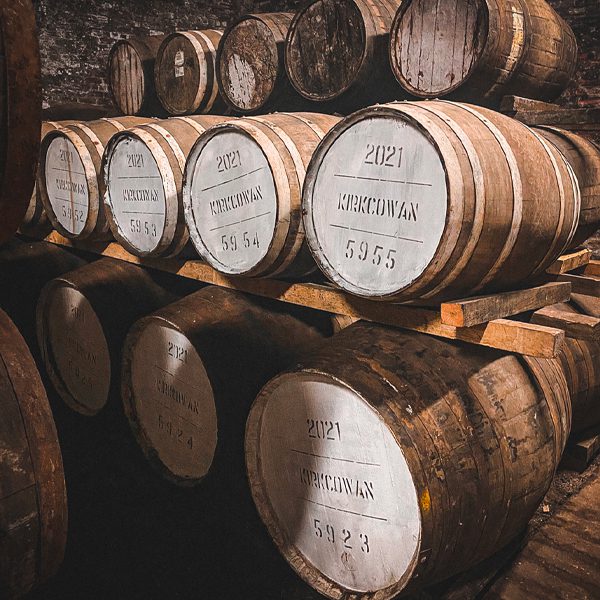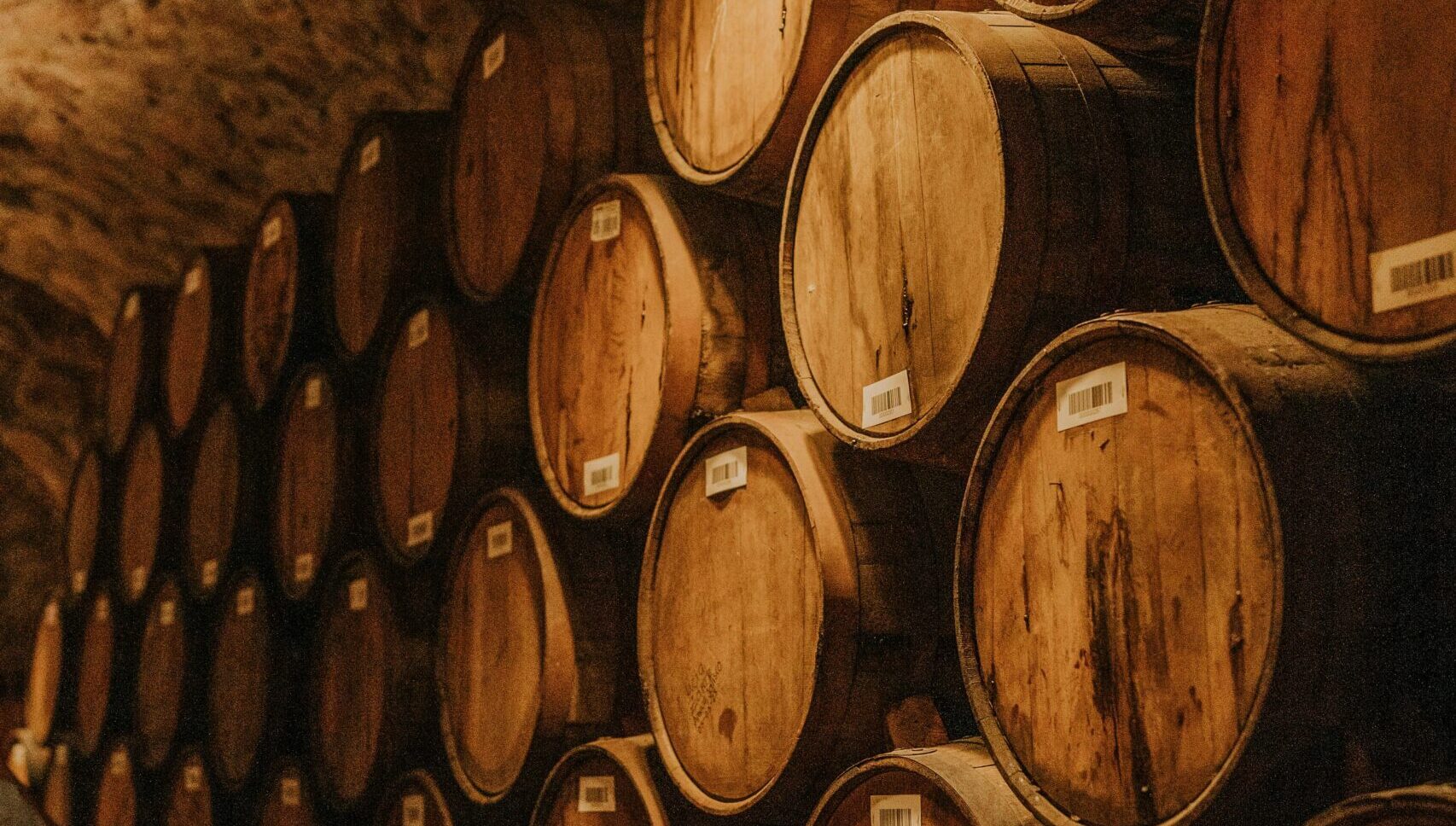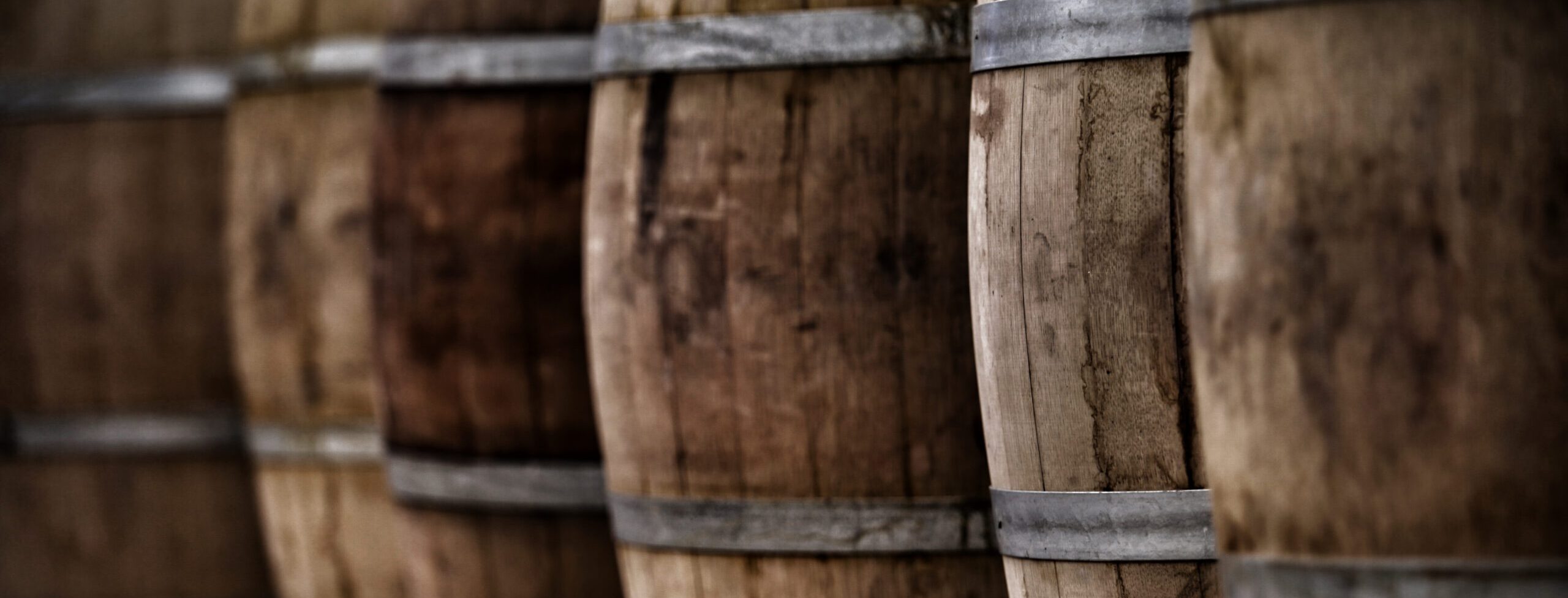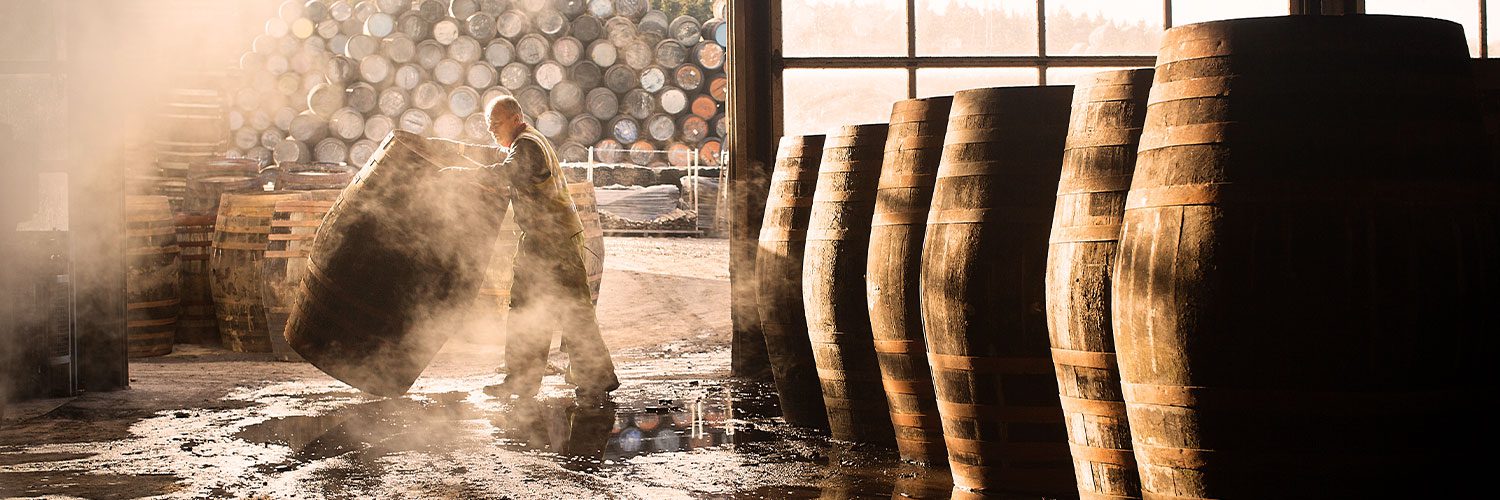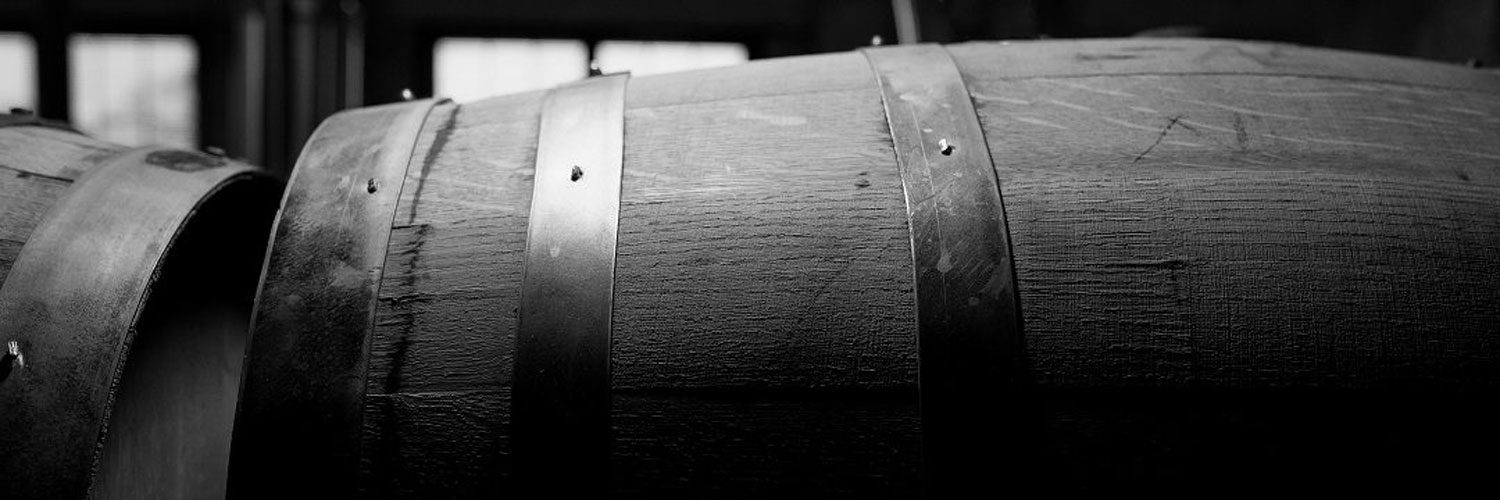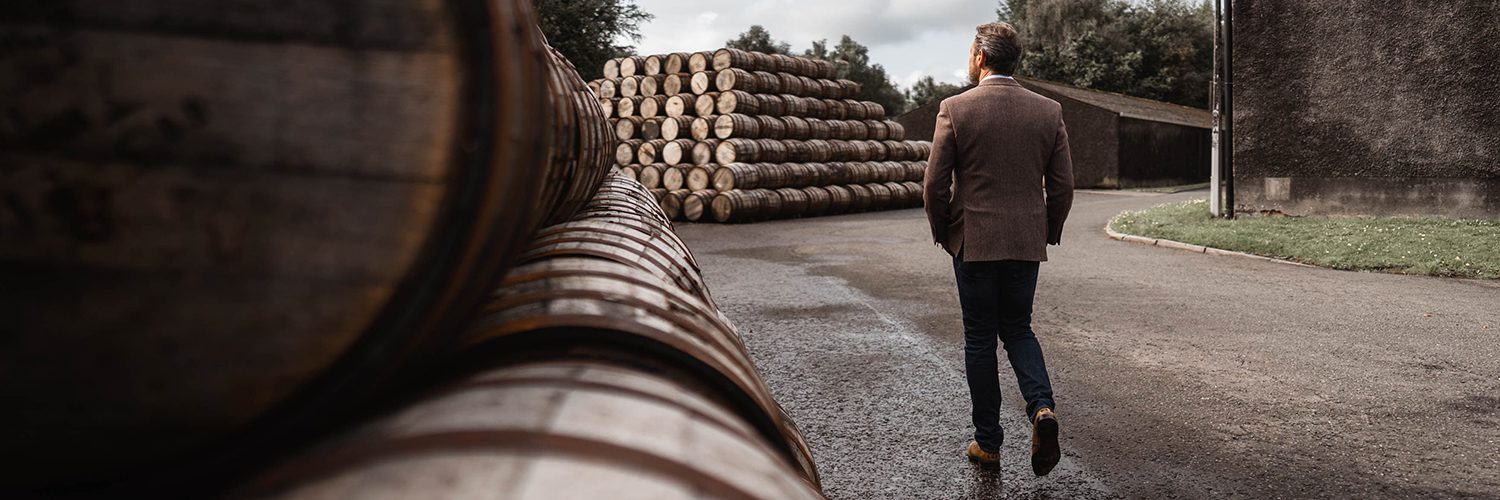A band of English whisky distillers are also making strides in the industry. Perhaps these producers hold at least one advantage over their dominant Scottish counterparts: they don’t need to mature the whisky in a cask for at least three years.
There is a law stating Scotch whisky can only be called Scotch once it has matured for a minimum of three years in an oak cask in Scotland.
Of course, nobody’s required to mature whisky for three years either, it can still be a good quality product and put up for sale after maturing. We don’t want to jeopardise quality by rushing and a number of distillers believe we don’t have to, thanks to a remarkable new ageing technique.
However, if a Scottish distillery wants to produce Scotch and, importantly, call it Scotch, they must wait for the three-year spell. The word ‘Scotch’ holds power in the whisky world, yet maybe this is an opportunity for distillers from elsewhere to advance their ageing techniques while Scotch distillers wait.
There are doubters of this form of spirit maturation who feel that the traditional way is best.

 Learn
Learn
